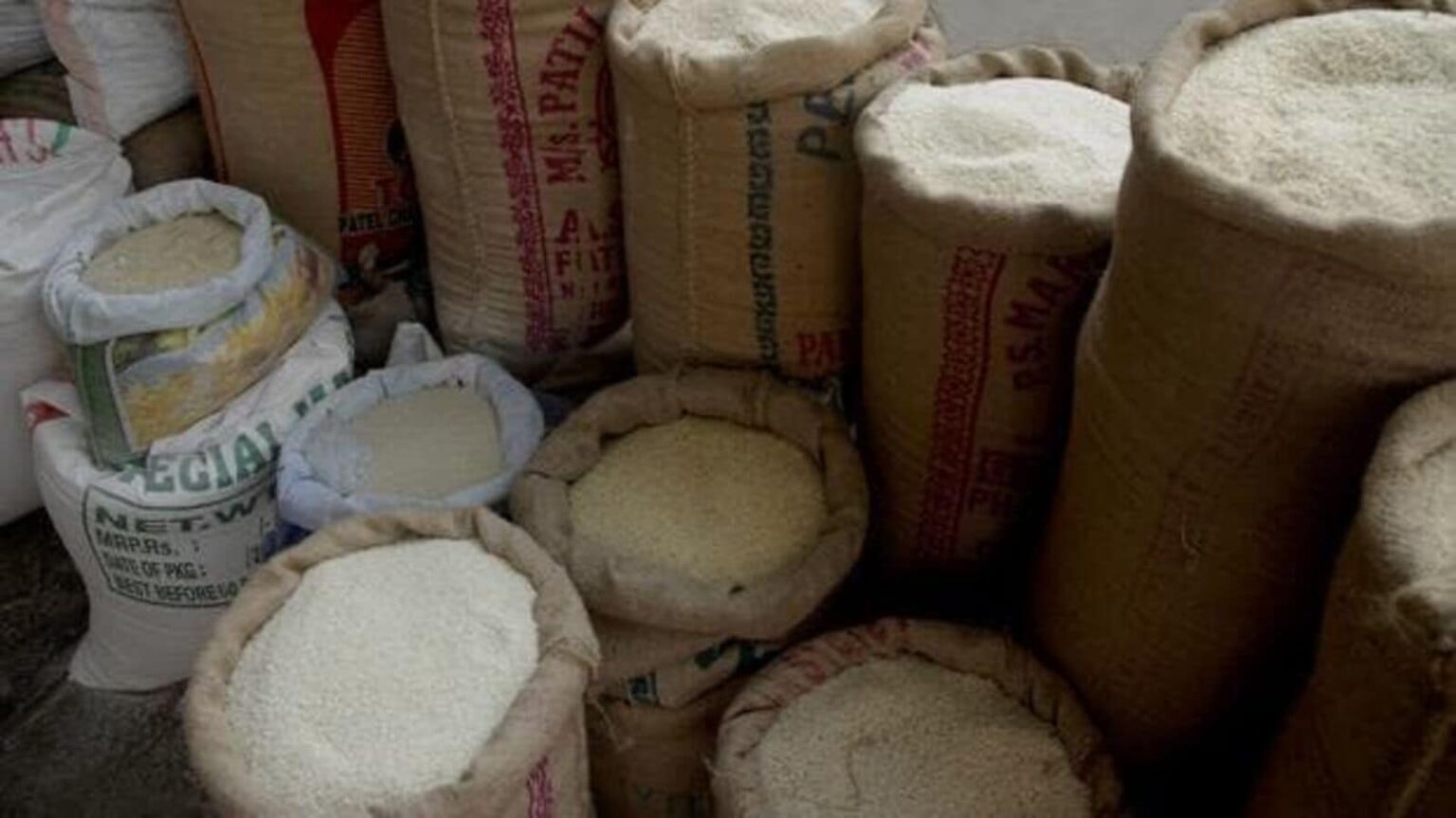The Indian government has made significant policy changes regarding the export of basmati rice and edible oil imports. In a key move, the government has removed the minimum export price (MEP) for basmati rice. This decision is expected to benefit basmati rice exporters, enhancing their competitiveness in global markets by removing price restrictions that may have hampered exports.

Source:- bbc news
The removal of the MEP on basmati rice follows months of deliberation and comes as a relief for exporters who had previously raised concerns that the price cap was limiting their ability to compete internationally. By removing this restriction, the government aims to boost rice exports and support the agricultural economy.
Source:- india today
Simultaneously, the government has raised import duties on edible oils, a move aimed at balancing domestic supply and demand while protecting local oilseed farmers. The increase in duties may result in higher prices for imported edible oils, such as palm oil and soybean oil, which are widely consumed in India. This decision aligns with the government’s broader strategy of promoting self-sufficiency in edible oil production by encouraging domestic oilseed cultivation.
The higher import duties could help reduce India’s dependence on imported edible oils, but it may also lead to inflationary pressures, particularly on food prices. The government is likely taking these steps to protect farmers’ interests while balancing the inflationary impact on consumers.
These policy shifts reflect the government’s efforts to address challenges in the agricultural and food sectors, supporting both farmers and consumers in the long term. The removal of the MEP on basmati rice is expected to boost exports, while the duty hike on edible oils may promote domestic production but could raise short-term costs for consumers.
Share your views in the comments

